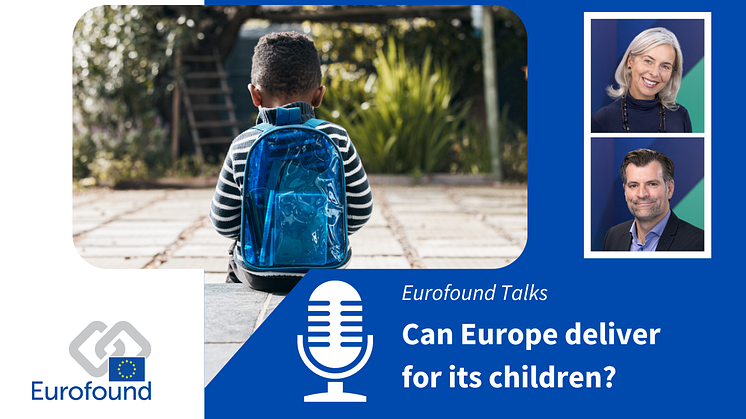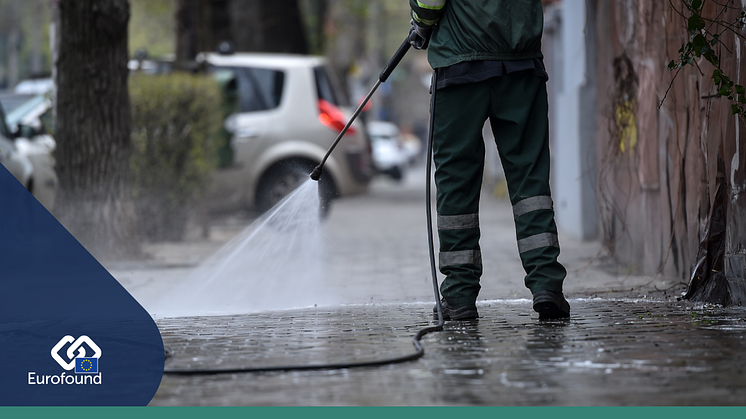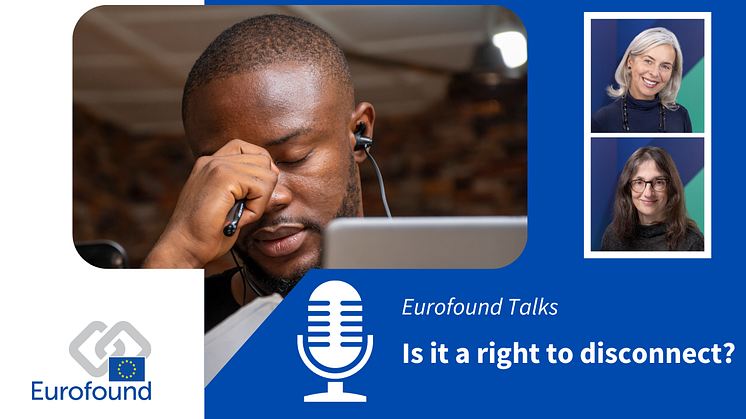Eurofound Talks: Shaping the future of European democracy
In a special edition of Eurofound Talks, Mary McCaughey is joined by Eurofound Executive Director Ivailo Kalfin and Ivan Krastev, Chairman of the Centre for Liberal Strategies and permanent fellow at the Institute for Human Sciences in Vienna, to look at the political, social and economic drivers in Europe and how they might influence voters at the ballot box in June.




















